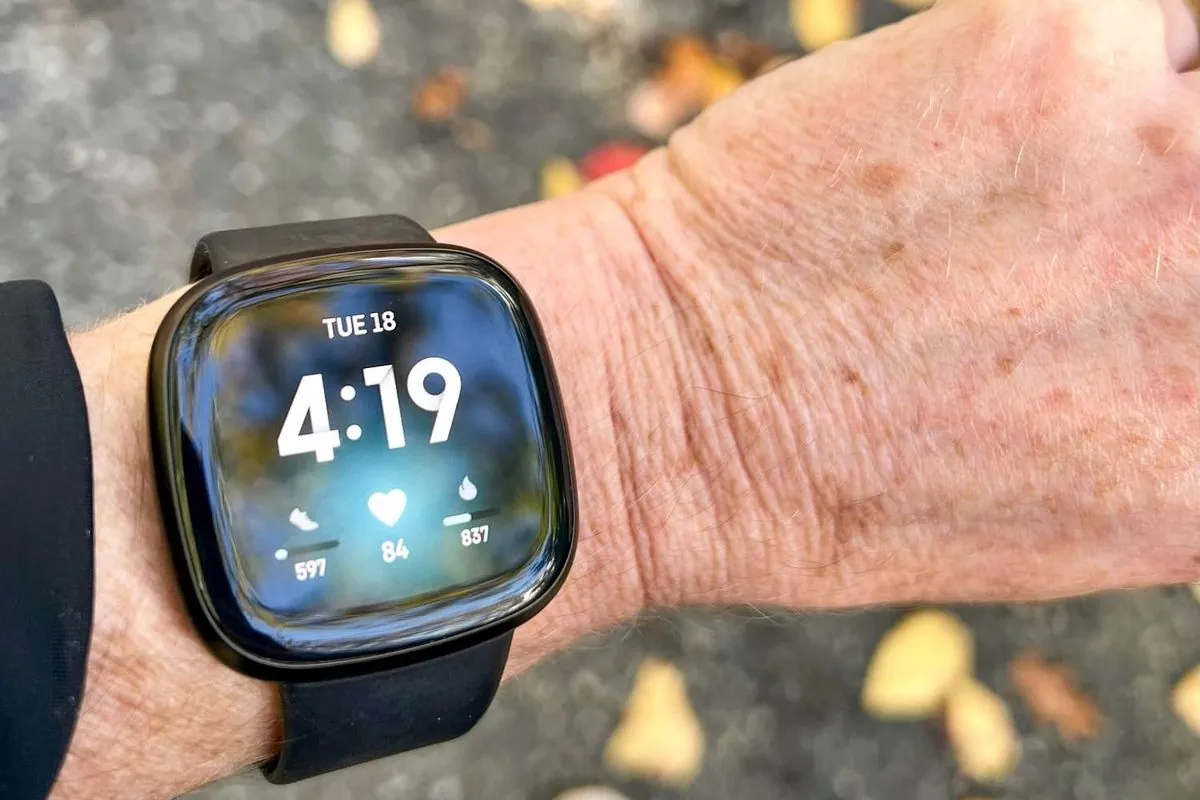Fitness Trackers Undercount Steps by 9%, New Study Reveals
A comprehensive analysis of wearable fitness devices shows they underestimate step counts by 9%. The study also evaluated heart rate, calorie burn, and sleep tracking accuracy, highlighting the need for standardized testing.

A recent extensive analysis has revealed that wearable fitness trackers consistently undercount steps by approximately 9%. This finding comes from researchers at University College Dublin, who conducted an "umbrella" analysis of 249 studies involving 430,500 participants.
The study's results suggest that if an individual takes 6,000 steps in a day, their smartwatch or fitness band would likely register only 5,500 steps. For the four million Britons using these devices, this discrepancy could amount to an additional 182,500 steps annually, equivalent to walking or running an extra 130 km.

The research also evaluated the accuracy of other metrics measured by these devices:
- Heart rate: Measured with an error rate of ±3%
- Calorie burn: Underestimated by up to 21.27% and overestimated by up to 14.76%
- Sleep tracking: Overestimated total sleep time and efficiency by more than 10%
Cailbhe Doherty, the lead researcher and assistant professor, emphasized the importance of approaching manufacturers' claims with skepticism. He noted that fewer than 5% of devices had been validated for the range of physiological factors they claimed to measure.
Several factors can affect the accuracy of these devices, including:
- Algorithms used
- Wear location
- Environmental conditions (temperature and humidity)
- User characteristics (age, body shape, and skin tone)
The global market for wearable health technology is projected to reach £140 billion by 2030, growing at an annual rate of 14.6%. This rapid expansion underscores the need for standardized testing and validation procedures.
It's worth noting that wearable technology has come a long way since the introduction of the first fitness tracker in 1965 by Dr. Yoshiro Hatano in Japan. Today's devices can monitor various health metrics beyond steps, including blood oxygen levels and ECG. Some can even detect falls and automatically call for emergency services.
As wearable technology continues to evolve, it's being increasingly used in clinical trials and medical research. Some fitness trackers now employ artificial intelligence to provide personalized health insights, and researchers are exploring their potential for early detection of diseases like COVID-19 and Parkinson's.
While these devices have undoubtedly revolutionized personal health monitoring, this study serves as a reminder that their measurements should be interpreted with caution. As the International Federation of Sports Medicine calls for global standards in sport and fitness wearables, consumers and health professionals alike should remain aware of the current limitations of these technologies.
"As wearable technologies continue to permeate various facets of health and lifestyle, it is important to approach manufacturers' claims with a healthy dose of scepticism."
In light of these findings, users of fitness trackers might consider adding about 9% to their daily step counts for a more accurate representation of their activity levels. However, it's crucial to remember that consistency in measurement is often more important than absolute accuracy when tracking personal fitness progress over time.


































